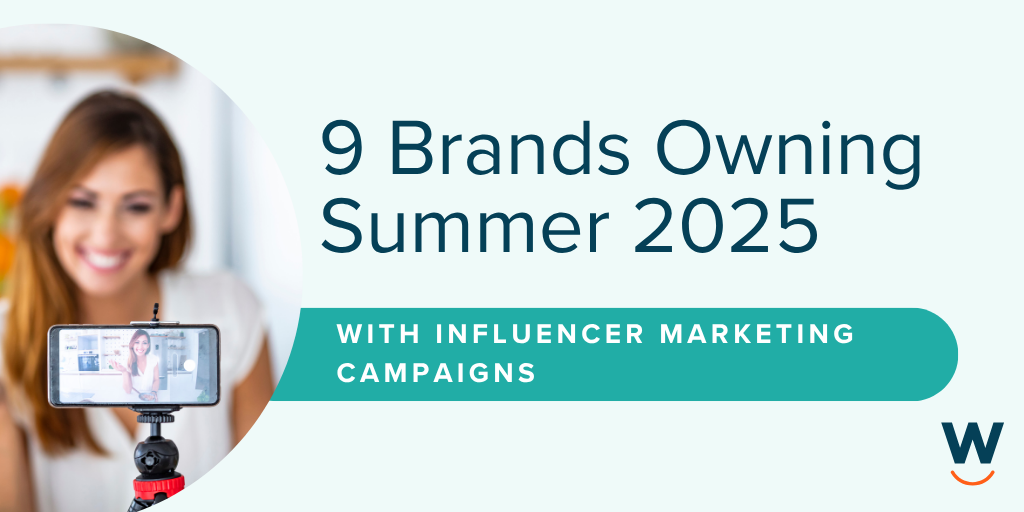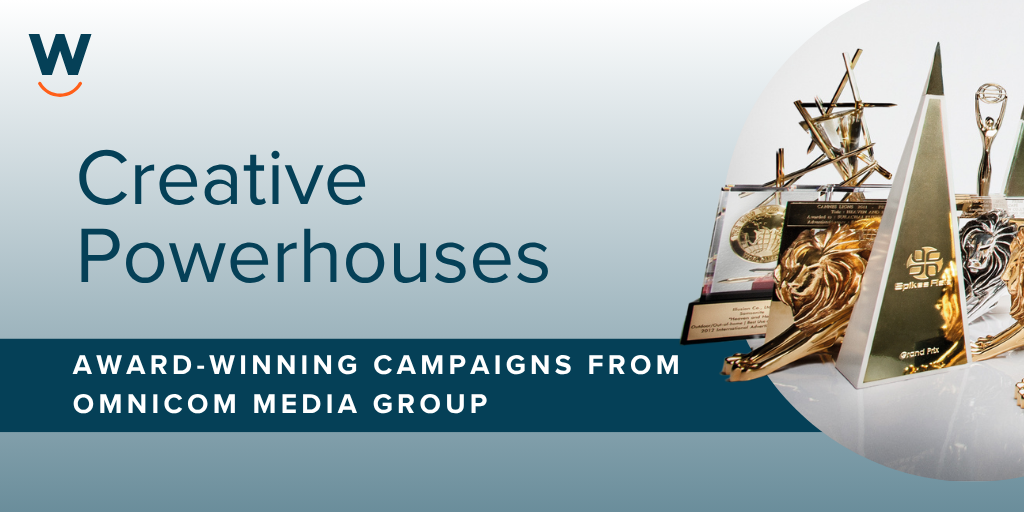
Why Size Matters for Corporate Sponsorship Sales
If you want to be successful pitching your event to corporate sponsorship executives, the first thing you have to understand is that the size of their organization really does matter, because it affects their motivation for working with you.In this post we’re going to explore three things you must consider:
- Who do you speak to for sponsorships at different sizes of organization?
- How much can different sponsor organizations reasonably give?
- What’s their motivation for sponsoring your event, and what do they need to get out of it?
Who do you speak to for sponsorships?
As companies change and grow, how skilled and experienced they are in handling sponsorhips and partnerships changes, too. So the person you speak to might not even work directly for the company you’re approaching.
It’s not unusual for small- to medium-sized businesses to have someone (or a few people) who handles marketing, even if they don’t have anyone handling payroll on a full-time basis. Smaller companies will typically handle sponsorships and partnerships in-house, and that responsibility often falls on the marketing department.
Some companies use a publicist or a public relations company. This is a two-way street because the company might be using a publicist to increase awareness of its brand, or heightened awareness of the brand might mean it needs a publicist to handle inquiries. Either way, when you’re talking about a company that’s getting a lot of press, there’s a good chance you’ll end up chatting with their publicity company.
As companies get bigger they add in departments smaller companies can’t afford. You might come across a sponsorships or strategic partnerships department. In very large companies, the responsibility of investigating requests for sponsorship may be in the corporate and/or charitable giving organization, or even under corporate social responsibility or philanthropy functions.
At the largest organizations, there may even be a separate foundation that manages these relationships and operates as a separate legal entity within the company.
All of this means you might be dealing with someone who’s handling sponsorships as part of an expanded marketing role, or you could be organizing a meeting with a person who oversees hundreds of thousands of dollars of investment in community projects.
In the end, the thing that matters is that you can present a compelling case for your event’s sponsorship needs, and that you can do it in a professional manner, no matter who your audience is.
But whether the organization you’re targeting deals with partnerships internally or uses a public relations agency, you can find contact information and agency relationships for corporate sponsorship executives in Winmo.
How much can the sponsor give?
Most smaller organizations, no matter how much they want to help out your event, probably can’t. With tighter budgets the consequences of a bad investment are much worse. A bootstrapped startup is unlikely to be able to easily survive poor return on investment from your event, while Microsoft probably wouldn’t even notice. The other side of this coin is that smaller organizations may need the exposure more – but don’t assume that any company (or person for that matter) will give you something in exchange for “exposure.” If you’re going to ask a startup for money or some other sponsorship consideration, you need to be ready to show ROI that customers will make purchases as a result of the brand’s sponsorship. No company can pay its employees with word of mouth, and it’s unreasonable to ask a partner to behave more generously than you would.
Large companies usually have a budget for philanthropy, which means they’ve committed to giving a certain amount of money to charities, organizations and events in the coming year. Some companies may be dispassionate about who they give to, but most will want their corporate giving to be a reflection of their brand or culture.
Coca-Cola’s mission statement says it wants “to inspire moments of optimism and happiness through our brands and actions.” Sponsoring the Olympics and other sports makes perfect sense for Coke, matching its “moments of optimism” goals. McDonald’s says it’s “about doing what it takes to be the McDonald’s our customers will expect tomorrow,” which is reflected in its support for the Ronald McDonald House Charities for families with sick children.
Even large corporations are run by human beings with human problems. You can bet that some cases of corporate or philanthropic giving are entirely dependent on an employee raising awareness of a cause or event within the company, and filling out the paperwork to make sure the event receives some sponsorship dollars. If you can find a champion for your event within the company’s leadership, you’ll have a much better chance of raising the funds you need.
Try Winmo for free! Find a corporate champion for your partnership needs!
Sponsor’s expectation of the event
Brand recognition/affinity
The larger the organization, the more they’re likely to spend on sponsorships. They’ll use the opportunity for prominent name placement to attach itself to events and build positive brand experiences. Big Green Egg, a manufacturer of grills, supports the Taste of Atlanta Festival; Tito’s Handmade Vodka supports South By Southwest (SXSW); and Winmo partners with the IEG Sponsorship Conference. Why? Because there’s a good cross-over between the brand and event audience. The opportunity for brand recognition and affinity can be the difference between a SXSW attendee reaching for Tito’s instead of Grey Goose when they return home.
Companies like Apple, Starbucks and Delta, with massive name recognition and customer bases, don’t need to focus on activations as much as they want to broaden the scope of their brand affinity. For companies of that size, working with small events can grow the perception that they care at a local or regional level.
Future conversions or audience activations
Small companies tend to focus more on whether the event can lead to activations, so when you approach them, be ready to show solid ROI numbers: where their collateral will be placed, how much traffic they can expect, how that will translate into conversions and activations for them. Good return on investment makes your partnerships more likely to renew, saving you time hunting down sponsors in the future.




